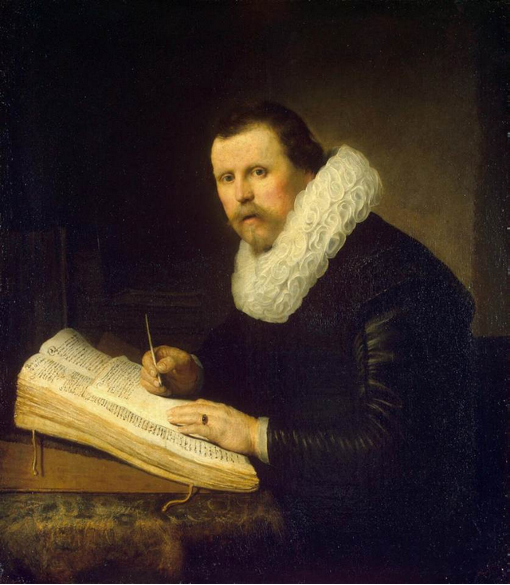How big is our sense of ‘I’?
The size of our sense of “I” is an index to see what our level of being is in a given moment.
‘I’ Becoming Big
The ego manifests as a strong feeling of being someone in particular. – Meher Baba
In simple daily moments, I observe an internal running commentary about what I think, what I am doing, what I notice in other people, etc. This has an implicit sense of being “I”, although it is not very well defined. Even now, after many years of the work, when my machine is in a state of waking sleep, I tacitly believe that the internal speaker is “I”. I am intellectual centered, so I especially believe ‘I’s that are framed in words, coming from that center.
If I am angry, or irritated with someone, or thinking about a problem I am having, “I” am angry, or irritated. In this case, my sense of “I” is perhaps as big as a house, or a building, or even a nation.

We identify easily with our favorite negative emotions. We must learn to unglue them from our sense of self, and this is part of the work on oneself. A part of us strongly feels that “I” am angry, jealous, irritated, etc. In principle, simply dividing one’s attention will create a separation from these feelings, however, it is usually insufficient or impossible at the moment of the explosion and the ensuing justifications for these habitual negative emotions.
A Smaller ‘I’
When I am walking in a forest, or enjoying a garden, or watching the sunset, my sense of ‘I’ is perhaps the size of my body.
When I have experienced the force of nature in earthquakes, hurricanes, floods or fire, I felt very small, like the size of an ant. These experiences also temporarily bring forth something higher in me, with a more objective viewpoint on who I am.
A prominent sense of ‘I’ indicates we are in false personality – we have become quite important in our own eyes. An inconspicuous sense of ‘I’, or even the absence of the sense of ‘I’, accompanies the experience of higher worlds.

The Work – and Shifting our Sense of ‘I’
Deluded by his identification with the lower self, a person thinks, “I am the doer.” – Bhagavad Gita, Krishna
To move toward a new sense of ‘I’, we must begin the process of separation. The attitude we use is that “You are not what you observe.” At the beginning of the work of self-observation, ‘I’ must become a point separate from all that is not ‘I’. Perhaps we can say that the observer is a provisional concept of ‘I’ that can protect us from the error of calling anything ‘I’ that is not really ‘I’. Even with the development of observing ‘I’, deputy steward and steward, the point of reference of the observer remains. They, also, are not ‘I’, but at least they support the Work.
At critical points in our life, or as a result of intense circumstances and inner work, real ‘I’ sometimes appears. When it appears, it is unmistakable. We know beyond a doubt that this is the me, myself. Experiencing this at the highest level brings a strong sense of being a stranger within this body. We see ourselves caught within this amalgam of emotions and thoughts that is normally taken to be ‘I’.
My teacher advises us, “Try to stay small. The lower self has an inflated imaginary picture of itself.” Letting go of ‘I’ is a life-long work, but one that is certainly worthwhile.
About David Tuttle
David Tuttle, with over forty years in the work, has contributed various articles for https://fourthwaytoday.org, including Developing Higher Consciousness, School Traditions and the Ideal State, Lost to the World, What is it Then Between Us, An Apollo Walk, and The Cascade Fire.
See his most recent article for the FourthWayToday here:
